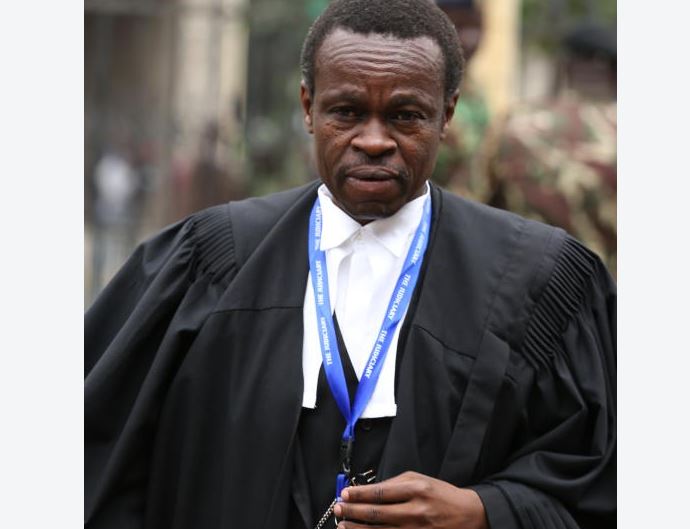×
The Standard e-Paper
Stay Informed, Even Offline

Kenyan law professor and former director of the anti-corruption commission PLO Lumumba was on Saturday refused entry to Zambia due to "security considerations", authorities said.
Patrick Loch Otieno Lumumba, director of the Kenya School of Law, had been due to deliver a talk on Chinese influence in Africa on Sunday at Eden University.